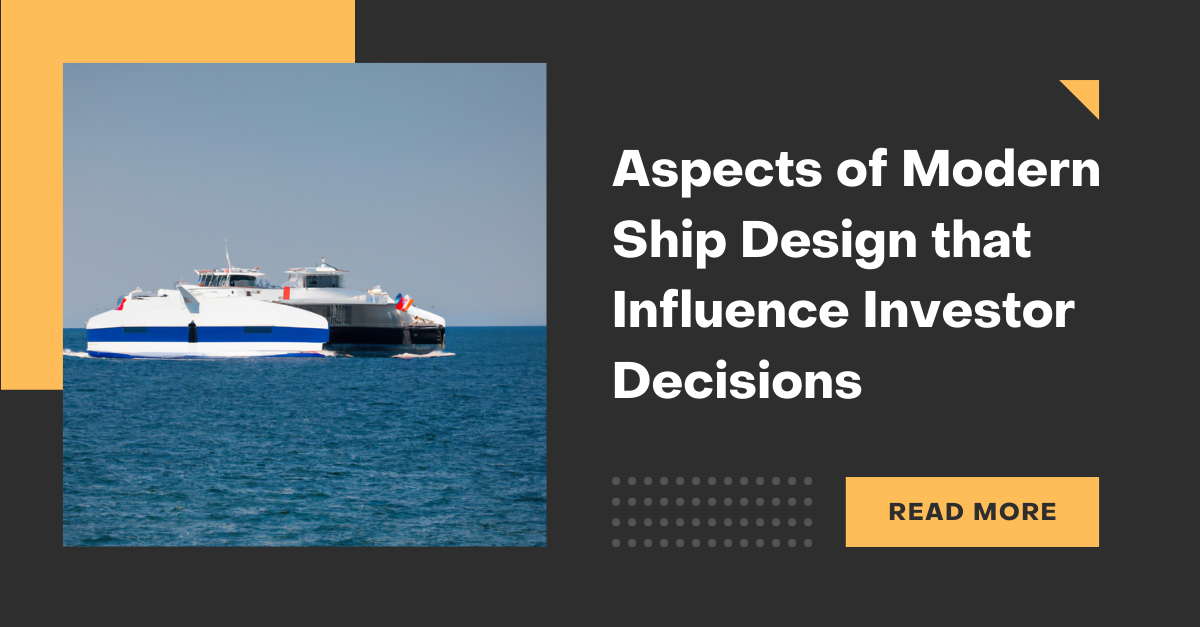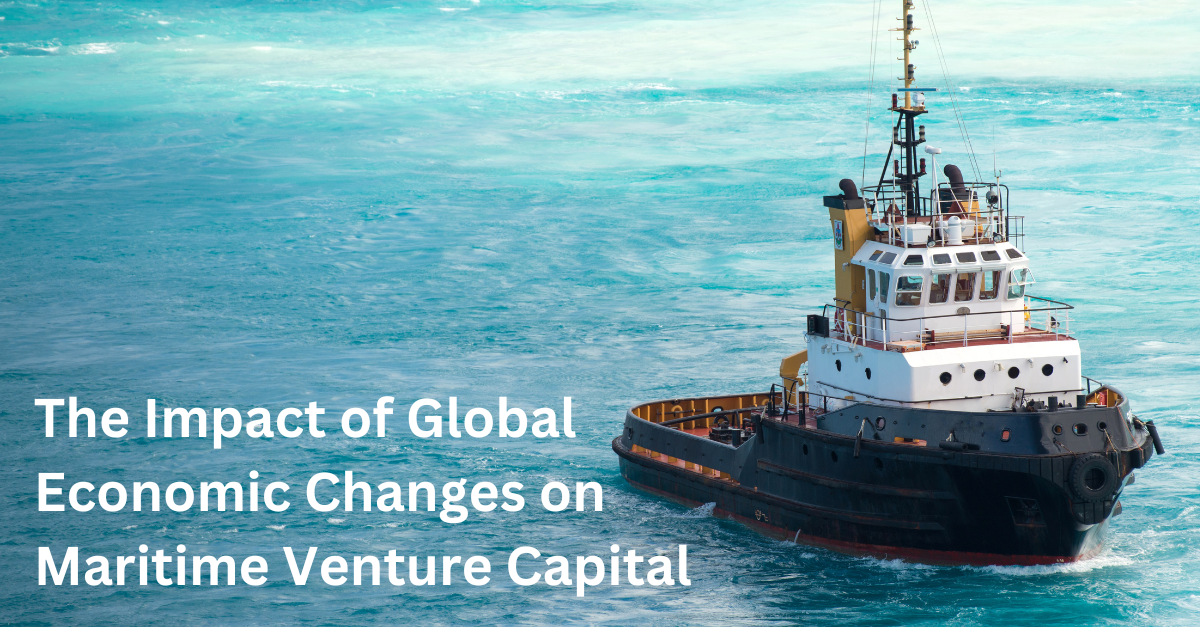The maritime industry, traditionally reliant on fossil fuels, is setting sail toward a more sustainable future. As the world grapples with the environmental consequences of carbon emissions and stricter regulations, the sector is undergoing a profound transformation. The transition to green, eco-friendly practices in shipping is not only driven by a commitment to environmental responsibility but also presents an array of promising investment opportunities.
We explore below the investor opportunities emerging in the maritime industry’s green transition, and discuss various aspects of this transformation.
#1: Regulatory Drivers and Environmental Imperatives
The maritime industry’s green transition is largely instigated by a series of regulatory initiatives and environmental imperatives. The International Maritime Organization (IMO) has set ambitious goals for the industry. For example:
- The IMO 2020 rule mandates a maximum sulphur content of 0.5% in marine fuel oil globally, with ships operating in the four emission control areas (ECAS)–the Baltic Sea; the North Sea; coastal areas off the United States and Canada; and the United States Caribbean Sea–having to comply with an even stricter limit of 0.1%.
- The 2023 IMO Strategy on Reduction of GHG Emissions from Ships includes a target to reduce international shipping’s CO2 emissions by at least 40% by 2030, and an ambition to reach net-zero GHG emissions from international shipping by or around 2050.
Investors can benefit from these regulatory drivers by engaging with early-adopters and companies that embrace compliance and innovation to meet these requirements. This helps to ensure long-term viability.
#2: Alternative Marine Fuels
The adoption of alternative marine fuels is a key component of the maritime industry’s green transition. Alternatives like liquefied natural gas (LNG), hydrogen, ammonia, and biofuels are gaining traction. LNG, for instance, is seen as a transitional fuel that offers lower emissions than conventional fuels. Investors can explore opportunities in companies involved in the production, transportation, and infrastructure development of these alternative fuels. As the demand for clean propulsion options grows, investors can position themselves to benefit from the associated economic advantages.
The Alternative Fuels Insight (AFI) platform by DNV offers free access to reliable, up-to-date data on the uptake of alternative fuels and technologies, and fuel prices. Through such platforms, investors can gain technical insights for making informed decisions.
#3: Environmental Data and Analytics
Investors interested in the maritime industry’s green transition should also consider the importance of environmental data and analytics. Companies that provide comprehensive solutions for emissions monitoring, performance optimization, and compliance reporting are increasingly valuable. Investors can explore opportunities in firms specialising in environmental data analytics, as they play a crucial role in helping shipowners and operators achieve their sustainability goals.
Taking EverImpact as an example, its GHG platform precisely measures emissions in real-time by employing an onboard sensor in the exhaust stack to measure CO2, CH4, CO, NOx, and SOx emissions. Clients can access a live software dashboard, allowing them to receive automated and certified emissions reports, pinpoint energy-efficiency enhancements, and achieve further reductions. This, in turn, aids in boosting the profitability of the vessel by significantly reducing CO2 emissions.
CEO and founder of EverImpact remarks: “A recent retrofit pilot test of our sensor on a vessel yielded groundbreaking results, showcasing emissions from our sensor measurements 5-30% lower than conventional calculations. The six-month test underscored the profound impact of factors such as speed, weather, waves, and fuel type on emissions measurements. The initial vessel retrofit not only demonstrated a remarkable 10X return on investment but also promised a swift payback within months, particularly for ships navigating the new EU carbon tax landscape.
Leading shipping companies are actively reaching out to us, recognising the advantages of real-time measurements compared to emissions factors. Importantly, the use of our sensor is permitted by both IMO and EU ETS regulations, creating a regulatory environment encouraging more CO2 reductions.”
In conclusion, the maritime industry’s green transition is not just a moral imperative but also an attractive proposition for investors looking to align their portfolios with sustainability and tap into a growing market for eco-friendly maritime solutions.

From environmental sustainability to multi-functionality, we take a look at the different aspects of modern ship design that will influence investor decisions. […]

From environmental sustainability to multi-functionality, we take a look at the different aspects of modern ship design that will influence investor decisions. […]

It is with deep sadness that Transport Capital announces the passing of our dear colleague and friend, Oliver Faak. […]

As the world grapples with economic shifts, the maritime venture capital landscape is also undergoing transformations. As understanding and adapting to these changes are imperative for capitalising on emerging opportunities, let’s delve into three key talking points that underscore the profound impact of global economic changes on maritime venture capital. Trade Dynamics and Maritime Investments […]




